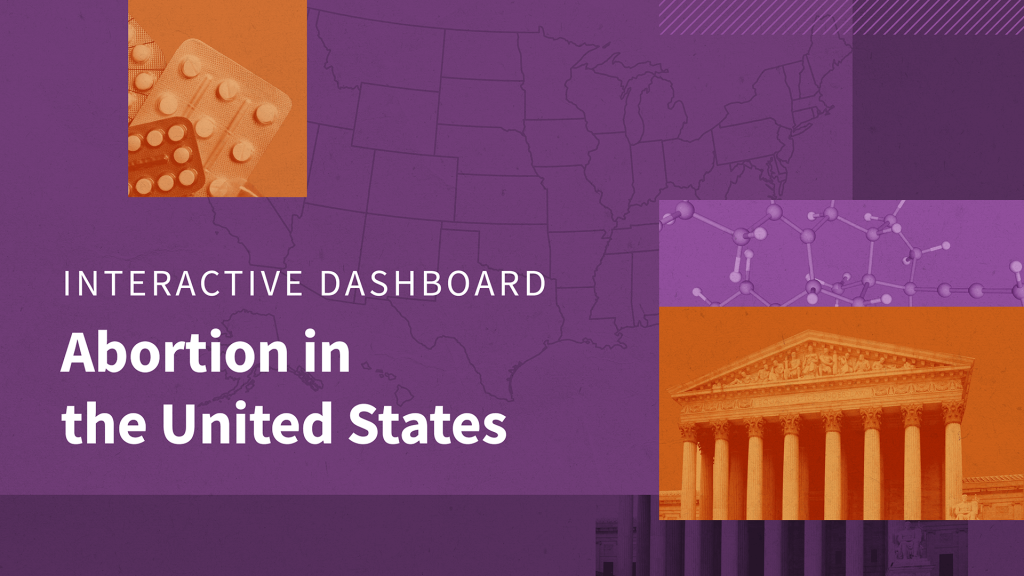Leading up to the 50th Anniversary of the Now-Overturned Roe, New KFF Brief Presents an Analysis of Current Legal Challenges to State Abortion Bans
As the nation marks the 50th anniversary of the Supreme Court of the United States landmark Roe v. Wade decision, which the Supreme Court overturned, 14 states have active litigation challenging state abortion bans and restrictions.
